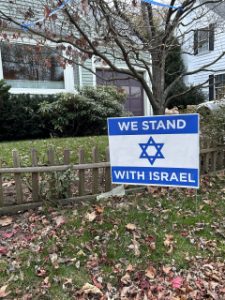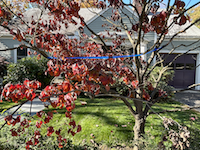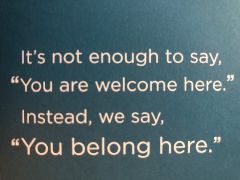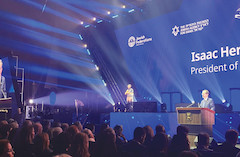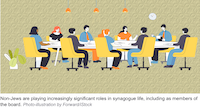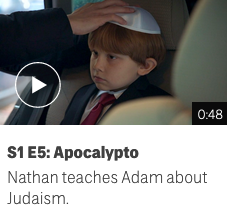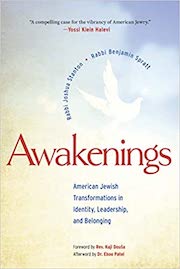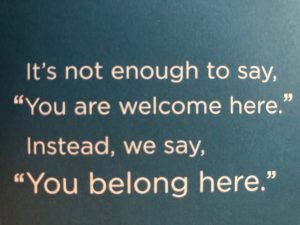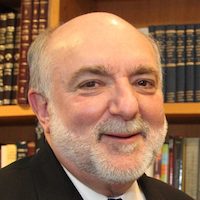
I am one of the many people who was so fortunate to fall within the orbit of David Ellenson, a person of the most remarkable generosity of spirit. I say this because my advocacy over the years pushed on two issues that were complicated for the head of Hebrew Union College – rabbinic officiation at

